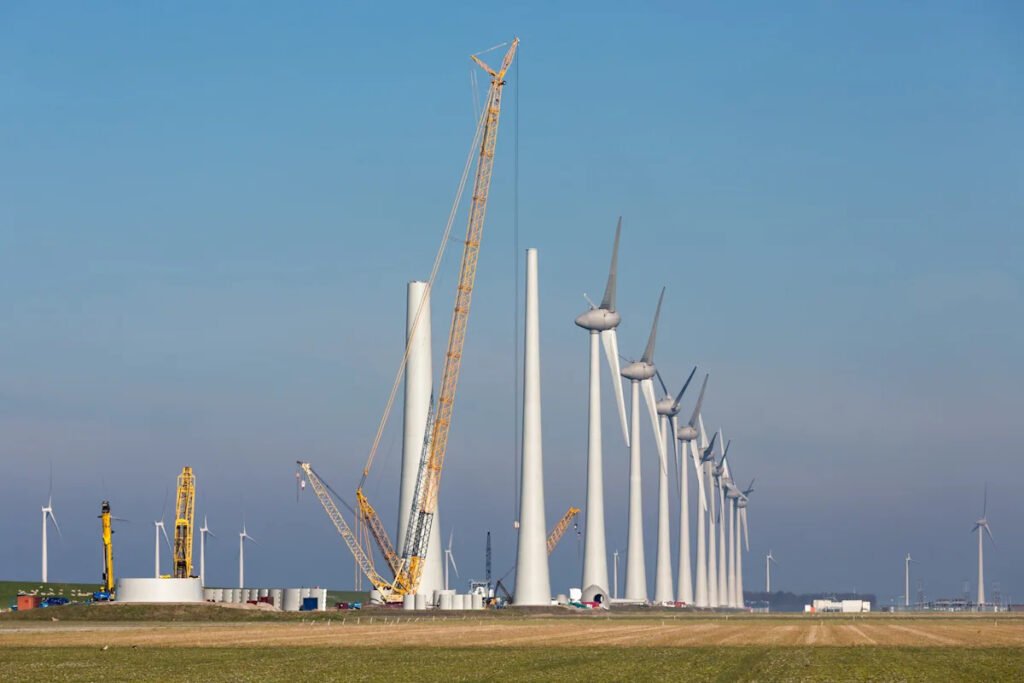As the window for clean energy tax incentives gets narrower, state officials across the U.S. are rushing to get clean energy projects into motion.
According to Canary Media, solar and wind farms must start construction before July 4, 2026, to qualify for production or investment tax credits. This is a seven-year decrease from the original deadline, which was set in 2033.
Colorado is at the forefront of this push for green energy. Governor Jared Polis issued an executive action prioritizing clean energy projects, per Canary Media.
In a letter addressed to his “colleagues in state government,” Polis wrote, “To move quickly and secure success for energy projects eligible for federal tax credits, the State will work to investigate and eliminate … inefficiencies in deploying wind, solar, and battery storage resources to the electrical grid.”
With this action, Colorado is paving the way for other states to hopefully jump on the clean energy bandwagon.
Wind, solar, and battery storage projects may seem needlessly expensive to some, but the pros far outweigh the cons. The global clean energy industry is on an upward trend; recent reports predict that the sector will exceed $2 trillion this year.
In fact, according to a United Nations report, solar and wind are the fastest-growing sources of electricity in history — compare that to the dirty fuel industry, which is lagging $800 billion behind.
As for renewables being more expensive than dirty fuels, 2022 proved that wrong. The cost of imported dirty fuels shot up drastically, leaving average households across the globe to foot the bill, as the UN’s report demonstrates. For example, the average U.K. household spent over $900 more on energy bills that year, and the price has not gone down.
While the transition to clean energy will be difficult, an overreliance on dirty fuels could be economically ruinous in the long run. And that’s not to mention the environmental effects — when burned, dirty fuels pollute the atmosphere, harming both human and wildlife health.
Thankfully, Governor Polis is not the only one pushing for clean energy in the face of the Big Beautiful Bill’s changes. For example, solar panel company Palmetto offers leasing options for no money down, in an effort to make solar more widely accessible.
“Working together,” Polis’ letter reads, “these actions will help ensure expedited and cost-effective deployment of new clean energy infrastructure, support Colorado’s growing economy, and enable Colorado energy consumers to invest in energy-saving technologies.”
Join our free newsletter for good news and useful tips, and don’t miss this cool list of easy ways to help yourself while helping the planet.

